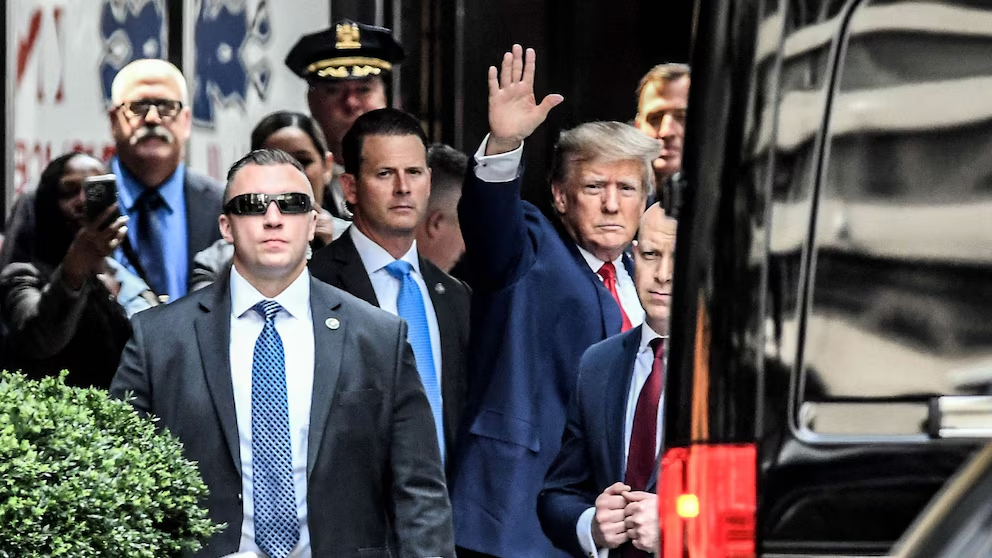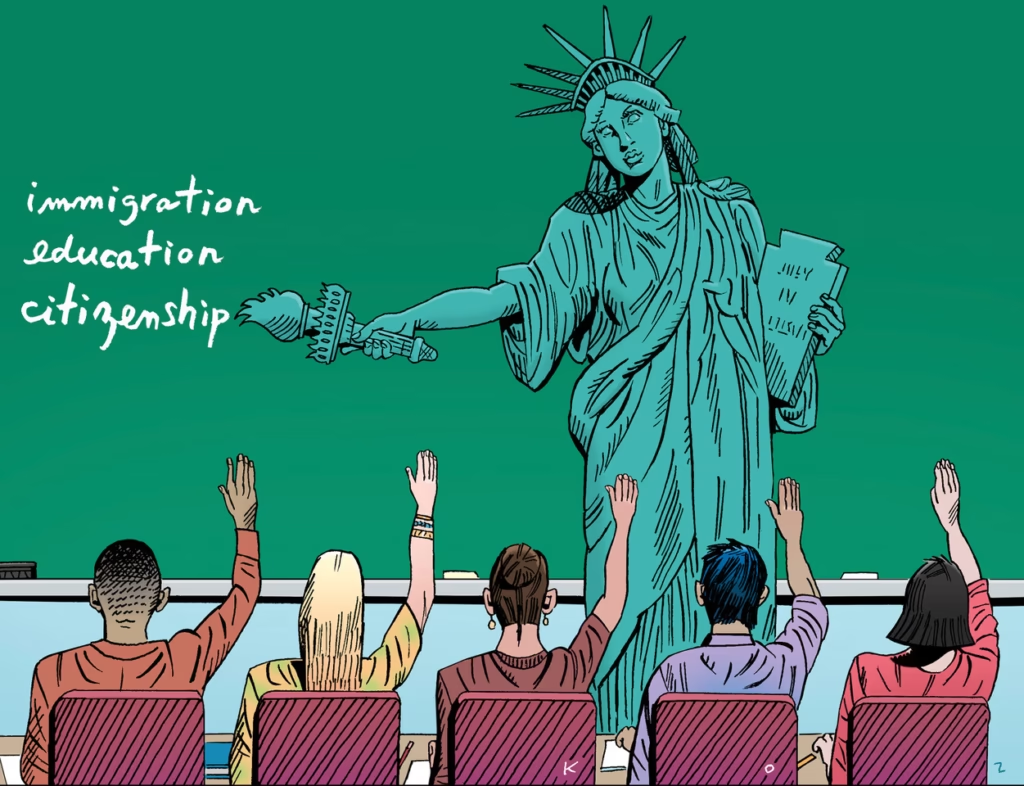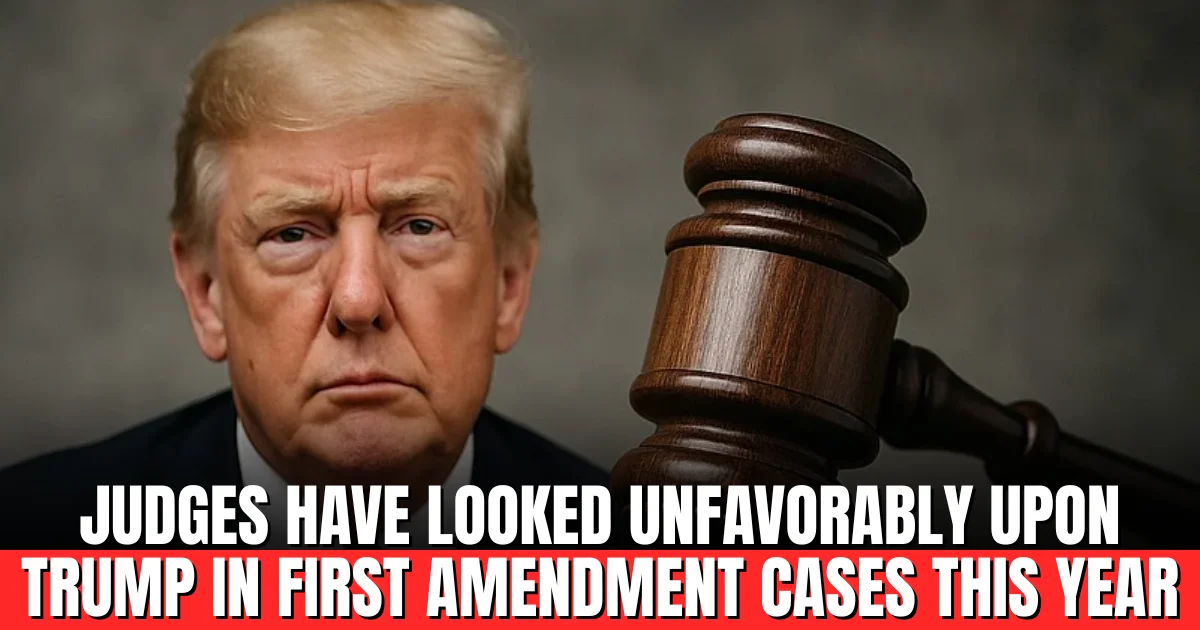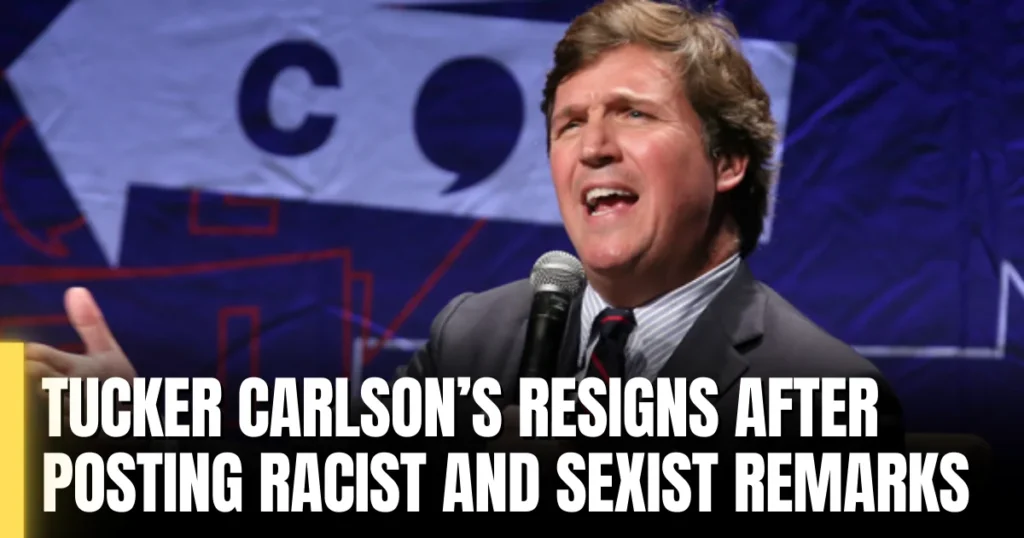Federal judges push back on Trump’s First Amendment battles, ruling against speech restrictions on media, law firms, and unions. Read more.
Table of Contents
Judges Rule Against Trump in Key First Amendment Battles
Introduction
In 2025, federal judges across the United States have repeatedly pushed back against President Donald Trump’s administration in First Amendment cases. From elite law firms to major news outlets, courts have delivered strong rulings that highlight constitutional protections for free speech. While Trump’s legal team insists its measures are necessary, the judiciary has consistently reminded the administration that government retaliation against speech is a direct violation of America’s founding principles.
Judicial Pushback Against Trump’s Free Speech Policies

Harvard Funding Dispute
One of the most high-profile setbacks came when Harvard University challenged the administration’s attempt to freeze $2 billion in federal research funding. A federal judge ruled that the move was less about combating antisemitism and more about enforcing a government-approved narrative—violating the First Amendment.
Law Firms Targeted by Executive Orders
Multiple elite law firms, including WilmerHale and Perkins Coie, faced executive orders restricting access to federal buildings and revoking security clearances. Judges across the political spectrum found these actions unconstitutional. One judge even described the government’s tactics as a “staggering punishment for protected speech.”
News Media Retaliation
Trump’s attempts to punish the Associated Press for refusing to adopt the term “Gulf of America” also hit a constitutional roadblock. A federal judge stated that when the government opens its doors to journalists, it cannot close them based on political viewpoints.
Immigration and Academic Freedom Cases

Federal courts have also intervened in cases involving international students and immigration detention.
- In one case, a Tufts University PhD student was ordered released by a judge who emphasized that her detention posed a chilling effect on free expression.
- Similar rulings have sided with students and academics who were detained or punished for political beliefs.
These rulings highlight the judiciary’s role in safeguarding academic freedom and the rights of immigrants against political retaliation.
DEI Programs and Union Crackdowns
Trump’s efforts to restrict diversity, equity, and inclusion (DEI) initiatives also faced strong judicial resistance. A Baltimore judge ruled that targeting DEI through federal funding amounted to unconstitutional, viewpoint-based restrictions on speech. Though an appeals court has temporarily paused this decision, it underscores the ongoing legal battles shaping workplace freedoms.
Expert Opinions
Legal scholars warn that while Trump may be losing in court, his broader strategy is working.
- Timothy Zick, a constitutional law expert, notes that the administration’s record in lower courts is “abysmal.”
- Alex Abdo, litigation director at the Knight First Amendment Institute, argues that the administration’s aim is not necessarily legal victory but to intimidate critics and discourage speech.
FAQs
Q1: What kinds of First Amendment cases has Trump lost in 2025?
Judges have ruled against the administration in disputes involving law firms, Harvard University funding, student detentions, and media retaliation.
Q2: Why did Harvard University sue the Trump administration?
The administration froze $2 billion in research funding, which Harvard argued was unconstitutional. A judge agreed, citing violations of free speech protections.
Q3: How have courts responded to executive orders against law firms?
Courts across the political spectrum struck them down, ruling that restricting firms for their clients’ political positions was retaliation against free speech.
Q4: What role has immigration law played in these rulings?
Judges have intervened to release international students and immigrants detained for political views, warning such actions chill free expression.
Q5: Could these First Amendment cases reach the Supreme Court?
Yes. The Trump administration has signaled it may appeal many of these rulings to the Supreme Court for review.
Conclusion
The string of rulings against President Trump underscores the judiciary’s central role in protecting free speech and constitutional rights. While the administration frames these moves as necessary for national security or political order, courts continue to affirm that the First Amendment is non-negotiable.
➡️ As these cases make their way through appeals and possibly to the Supreme Court, the outcomes will shape the future balance between executive power and free expression in the United States.

